1. OSB board definition
OSB board
Oriented Strand Board OSB (Oriented Strand Board) is a product of industrial wood board that is composed of shavings and adhesives.
2. History of formation & development of OSB board
OSB board
- The OSB board was invented by Armin Elmendorf in California in 1963.
- In the late 1970s, OSB boards were first introduced to the market.
- In 1980, the production of OSB boards in North America was 751 million square feet.
- OBS board production increased to 7.6 billion ft2 in 1990 and 25 billion ft2 in 2005.
- In 2000, the total worldwide production of OSB board exceeded that of plywood for the first time.
3. Components of OSB board
OSB board
- Usually, the composition of the board consists of 95% wood and 5% glue.
- OSB oriented chipboard is mainly composed of shavings (or large wood chips) arranged in a certain direction.
- The glue used for production is usually Phenol Formaldehyde (PF) glue or Melamine Urea Formaldehyde (MUF) glue.
4. Production
OSB board
The shavings are arranged in a certain direction and pressed under high temperature and pressure with the participation of a binder.
5. Advantages of OSB board
OSB board
- Ordinary OSB board has a lower cost than plywood.
- Has good bonding, very high hardness and mechanical strength.
- Has very high screwing and elasticity. Durable in high humidity environments.
- Plywood is light in weight so it is quite easy to construct.
6. Disadvantages of OSB board
- The surface of OSB board is a finished surface, so it is difficult to paint on.
- Compared to plywood, when there is moisture inside the board, OSB boards dry longer.
OSB board
7. Application of OSB board
- OSB boards are often used as floor coverings, wall partitions, display shelves and as support frames for other interior products.
- In addition, boards are used a lot in the construction industry. For example, it is used as a support frame due to its extremely good rigidity and mechanical strength.
- In particular, OSB boards are also used as containers due to their high durability.
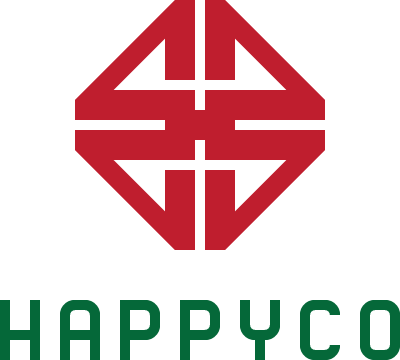

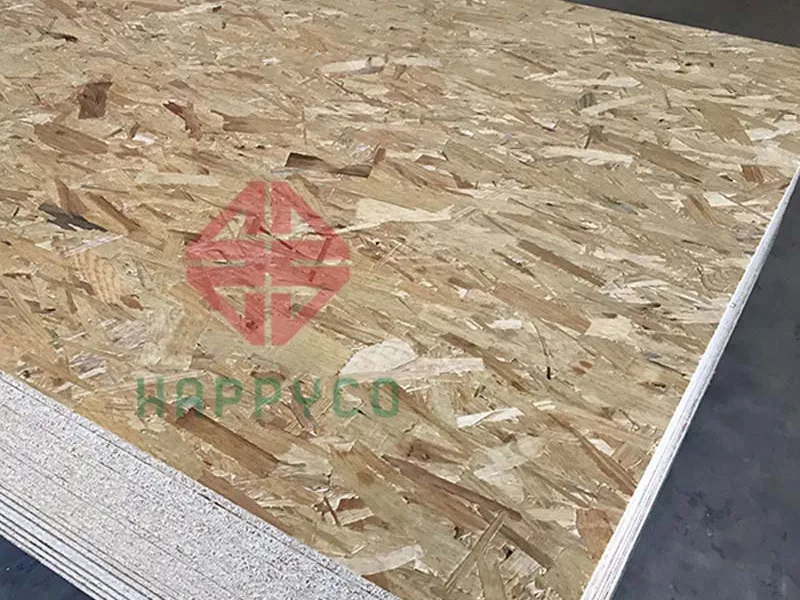
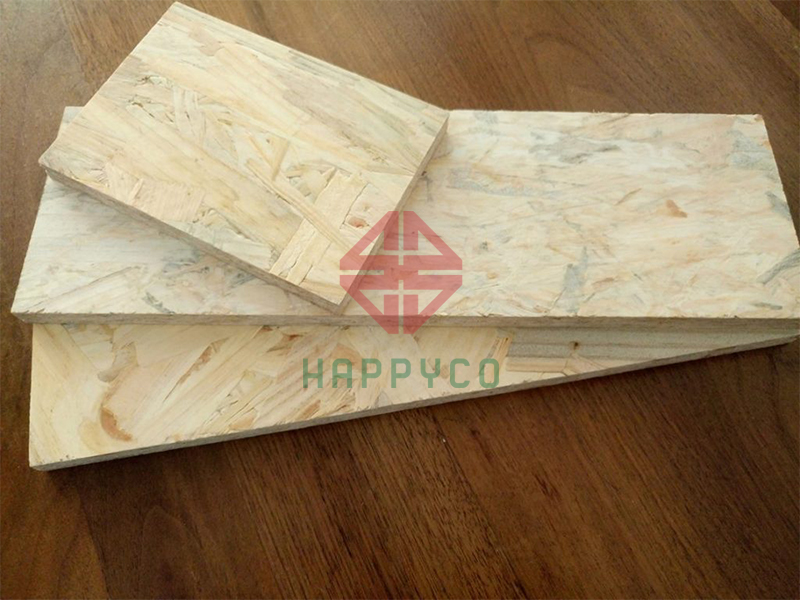
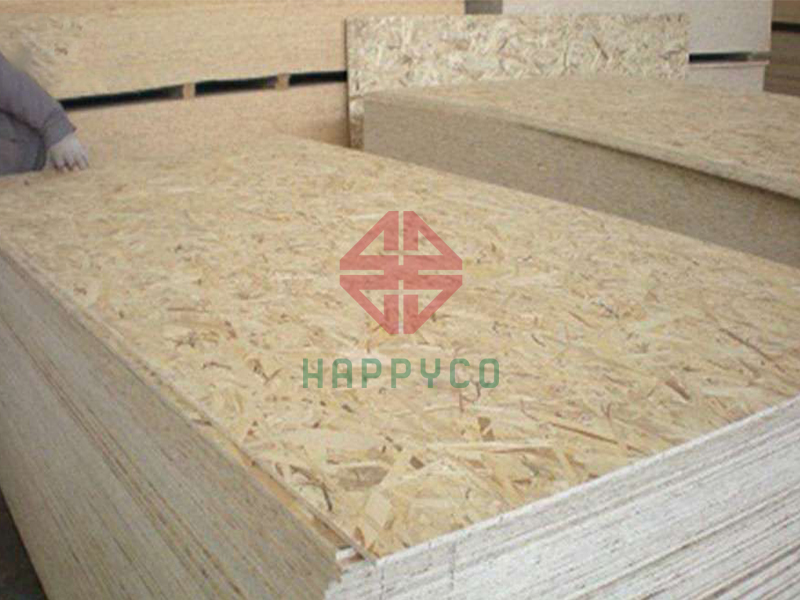
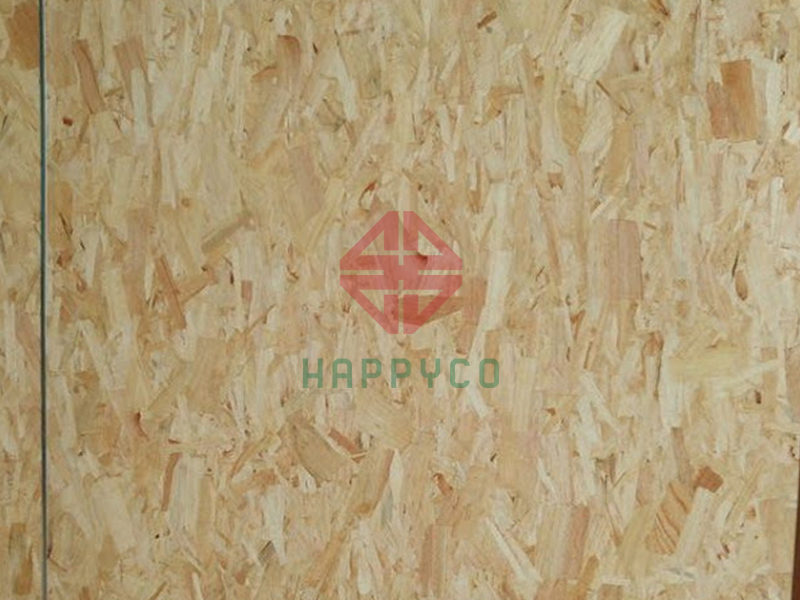
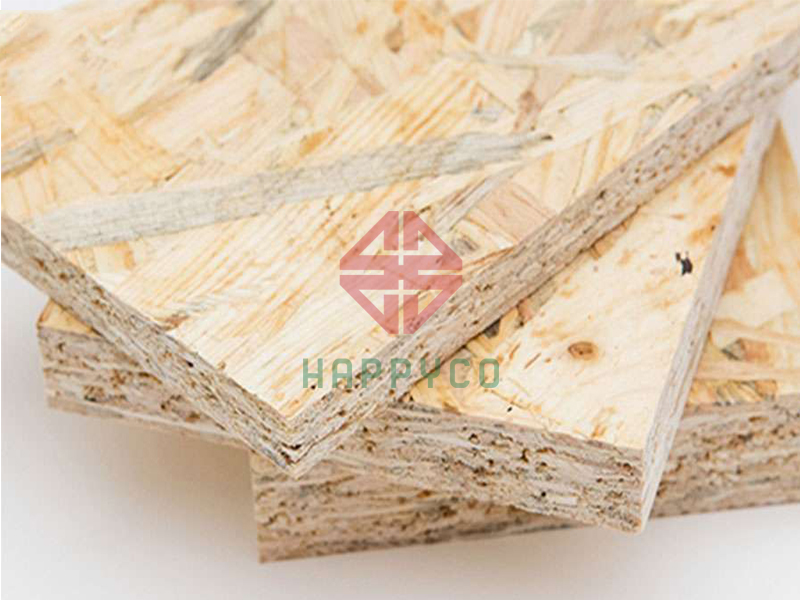
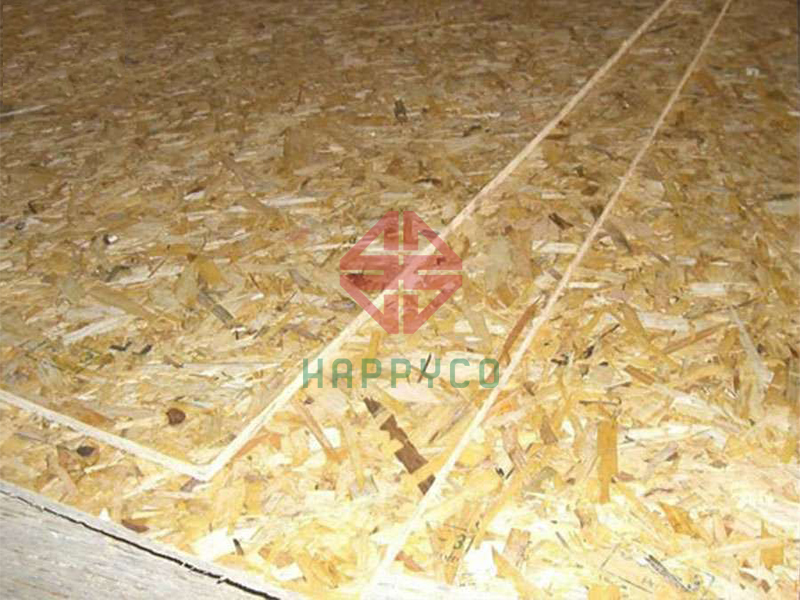
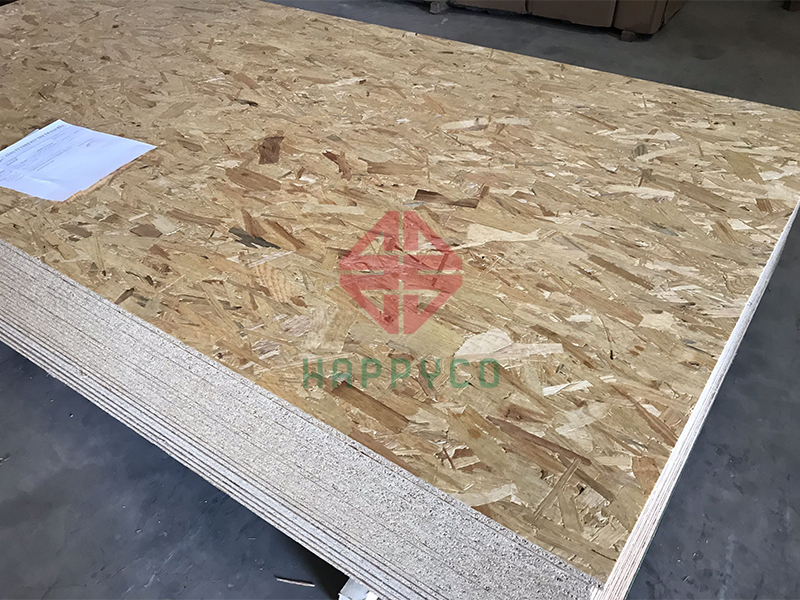
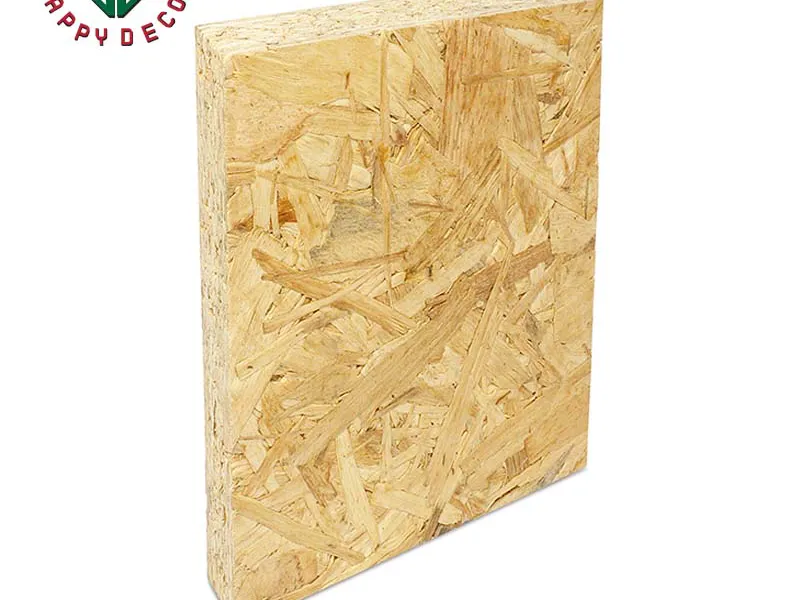
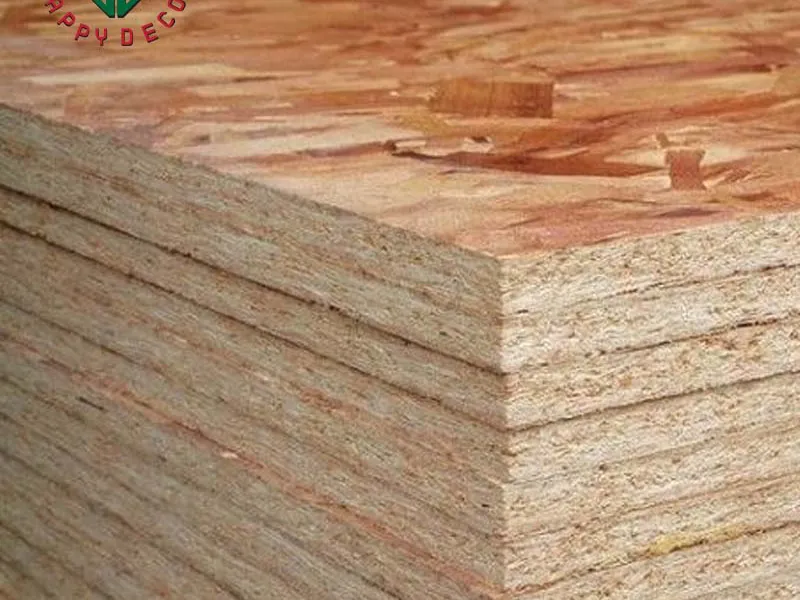
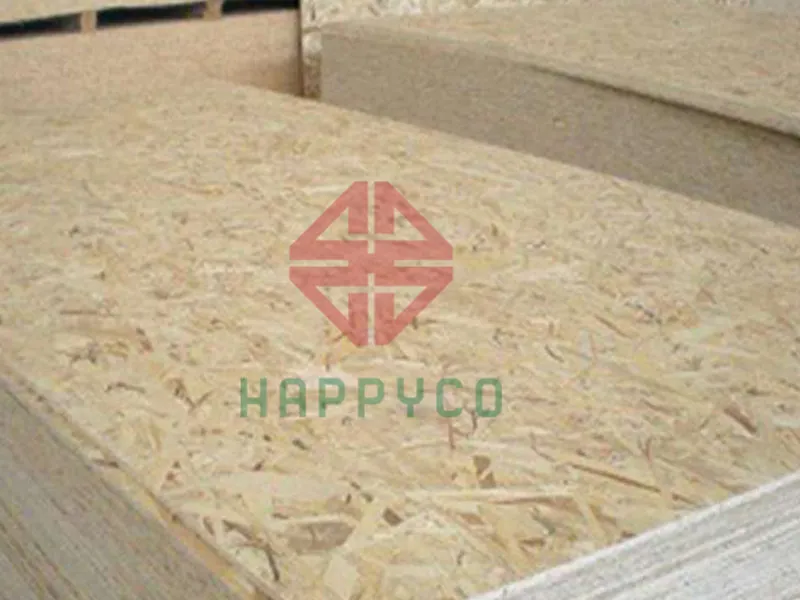
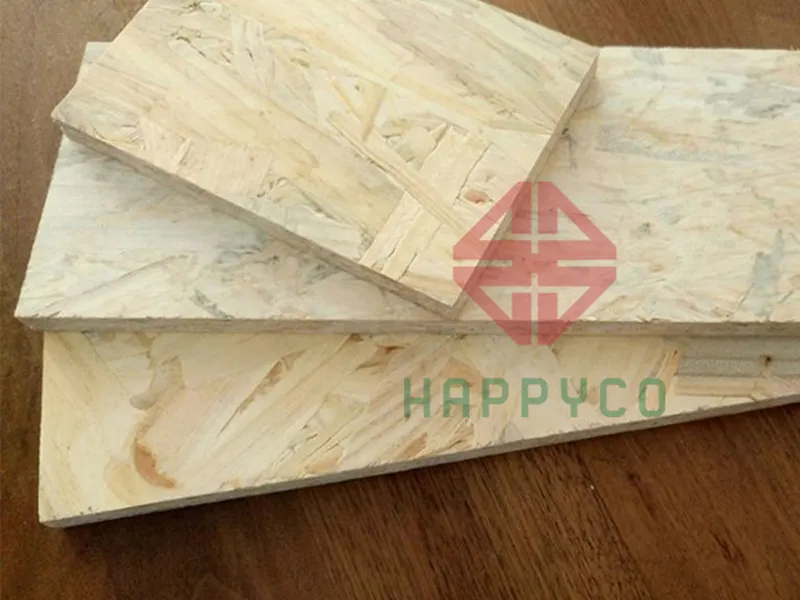
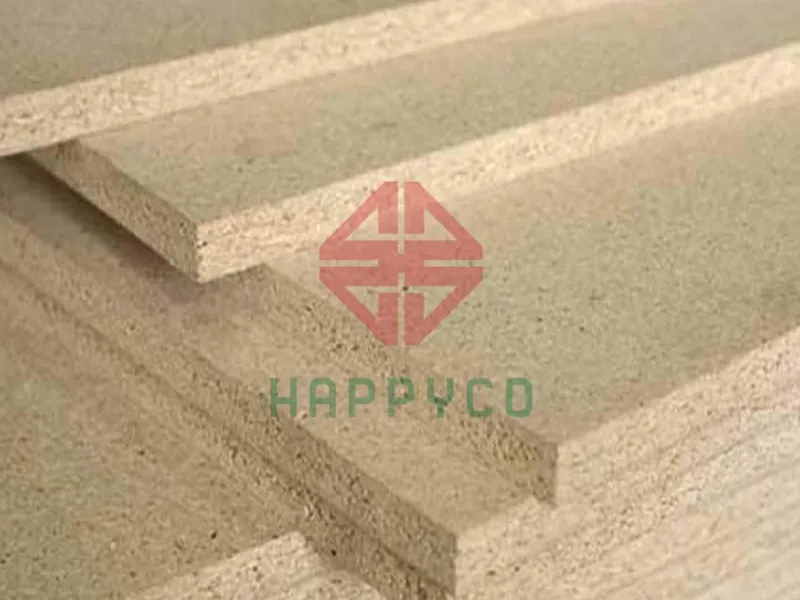
main.comment_read_more